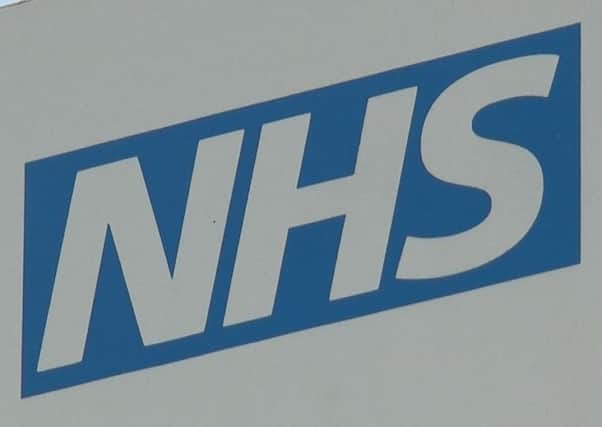Human body parts found among 350 tonnes of NHS waste allowed to pile up at Wakefield site by disposal company


Healthcare Environment Services Ltd has been found to be in breach of its permits at five sites in England which deal with clinical waste and a criminal investigation has been launched, the Environment Agency said.
At a site in Normanton excess waste levels reached 350 tonnes in September, the The Health Service Journal (HSJ) reported.
Advertisement
Hide AdAdvertisement
Hide AdREAD: Wakefield care home ‘not safe’ after medication muddledThis is five times more than the company’s 70 tonne limit, and a small proportion of it is believed to have been human body parts.
The HSJ reported that amputated limbs and pharmaceutical waste were among the matter which had not been properly disposed of.
The Department of Health and Social Care (DHSC) said there is “absolutely no risk” to public health.
It is believed the waste was stored securely, but was not being processed and disposed of within the correct regulatory timeframes.
Advertisement
Hide AdAdvertisement
Hide AdA Cobra meeting was chaired by Matt Hancock last month over the issue, the HSJ reported.
Healthcare Environment Services said the UK had experienced “reduced incineration capacity” over the last year, which it had repeatedly highlighted to authorities.
An Environment Agency spokeswoman said: “The Environment Agency has found Healthcare Environmental Services to be in breach of its environmental permits at five sites which deal with clinical waste.
“We are taking enforcement action against the operator, which includes clearance of the excess waste, and have launched a criminal investigation.
Advertisement
Hide AdAdvertisement
Hide Ad“We are supporting the Government and the NHS to ensure there is no disruption to public services and for alternative plans to be put in place for hospitals affected to dispose of their waste safely.”
READ: Product recall warning as 60,000 Clear and Simple Digital Pregnancy Tests may be faultyA Government spokesman said: “We are monitoring the situation closely and have made sure that public services - including NHS Trusts - have contingency plans in place. There is absolutely no risk to the health of patients or the wider public.
“Our priority is to prevent disruption to the NHS and other vital public services and work is under way to ensure organisations can continue to dispose of their waste safely and efficiently.”
A spokesman for Healthcare Environmental Services said: “Healthcare Environmental has highlighted the reduction in the UK’s high-temperature incineration capacity for the last few years.
Advertisement
Hide AdAdvertisement
Hide Ad“This is down to the ageing infrastructure, prolonged breakdowns and the reliance on zero waste to landfill policies, taking up the limited high-temperature incineration capacity in the market.
“Over the last year, this reduced incineration capacity has been evident across all of the industry and has affected all companies.”
It added it had “consistently highlighted” the issue to environmental regulators, and there has been no disruption to services to customers.
Up to 50 trusts have contracts with the company, the HSJ said, but they are not believed to be experiencing disruption to waste collection.
Advertisement
Hide AdAdvertisement
Hide AdDr Kathy McLean, chief operating officer and executive medical director of NHS Improvement, said: “The NHS has contingency plans in place for clinical waste and patients should be assured that their care will be unaffected.”
Jonathan Ashworth, Labour’s shadow health and social care secretary, said: “These are staggering revelations and given the number of NHS Trusts involved, along with wider environmental health implications, I’m disappointed the Health Secretary didn’t inform Parliament last month.
“We need a statement in the Commons next week from ministers detailing when the Government was first informed of this stockpiling, what support is now available to Trusts and what contingency plans are in place for the future.”